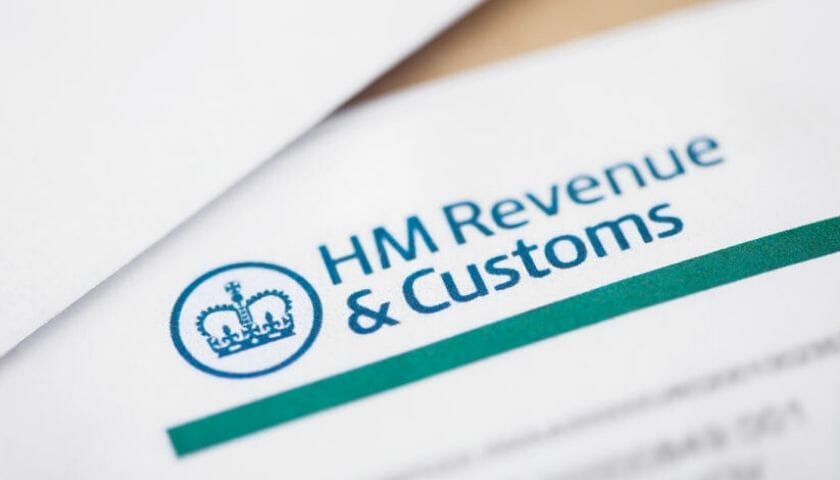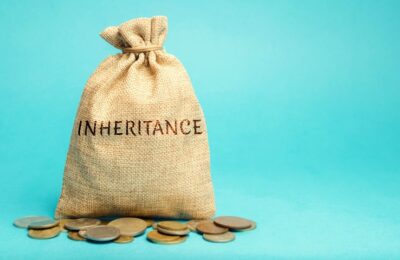Tax allowable expenses – the importance of being wholly and exclusive
In order to qualify as a valid deduction in calculating your taxable business profit or income any expense, you incur or tax allowable expenses must be classed as incurred “wholly AND exclusively” for business purposes when claiming expenses against your tax.
But what does this “wholly AND exclusively” phrase actually mean?
If you are an employee claiming for items you have paid for and used for your employer’s business such as subscriptions to professional bodies, travel costs and the cost of uniforms, then these should certainly all qualify for a claim. Pound for pound these expenses will reduce your taxable income and your tax liabilities on that income.
Obviously, if your employer or business has met the costs, you cannot make a claim for these costs yourself as you won’t have actually incurred them!
If you are self-employed, normal business expenditure can be offset in the same way.
Allowable expenditure includes:-
- office costs, e.g. stationery or phone bills
- travel costs, e.g. fuel, parking, train or bus fares
- clothing expenses, e.g. uniforms
- staff costs, e.g. salaries or subcontractor costs
- things you buy to sell on, e.g. stock or raw materials
- financial costs, e.g. insurance or bank charges
- costs of your business premises, e.g. heating, lighting, business rates
- advertising or marketing, e.g. website costs
But in all these cases, the expenditure must always pass one test and the question you need to ask is always whether the expenditure has been incurred wholly and exclusively for the purpose of your trade or employment.
Perhaps it’s easier to explain by considering some examples of what is considered as NOT allowable.
Here is a list of some of the more outlandish claims they received from taxpayers’ tax returns in the past. They included:
- Holiday flights to the Caribbean
- Luxury watches as Christmas gifts for staff – from a company with no employees
- International flights for dental treatment ahead of business meetings
- Pet food for a Shih Tzu ‘guard dog’
- Armani jeans as protective clothing for painter and decorator
- Cost of regular Friday night ‘bonding sessions’ – running into thousands of pounds.
- Underwear – for personal use
- A garden shed for private use – plus the costs of the space it takes up in the garden
- Betting slips
- Caravan rental for the Easter weekend.
Some of our own clients can also be very creative and in the far distant past I recall having to remove claims for a new washing machine located in a kitchen (“but my partner’s employees occasionally use it to wash their overalls”) and for the installation of a new door frame (“but my workmen have to walk through it to get to the kitchen……to put their overalls into the washing machine”). I kid you not!
If you are uncertain whether a cost incurred can be included in your business accounts, or claimed on your tax return, please call us for advice. Although the wholly and exclusively rule applies in most cases, there are situations where the “exclusively” part can be more of a grey area, for example where there is business and a private use element. Alas, new door frames to kitchens are usually not one of them!
About Karen Jones
Having worked for one of the world’s largest accountancy firms, Karen Jones uses her tax knowledge and skills to help clients obtain substantial reductions to their tax liabilities.
With an expanding portfolio of tax clients, Karen enjoys the variety her work brings her and particularly likes working with new businesses and people. With a growing number of tax clients, she frequently faces a variety of challenges and relishes the experience she gains as she solves them.
Karen likes the THP ethos: “I like the way the team has a professional, but friendly and down-to-earth approach – it creates a productive atmosphere that benefits everyone.”
Karen’s specialist skills:
- Personal Taxation
- Tax Efficient Planning
- Trust Administration











